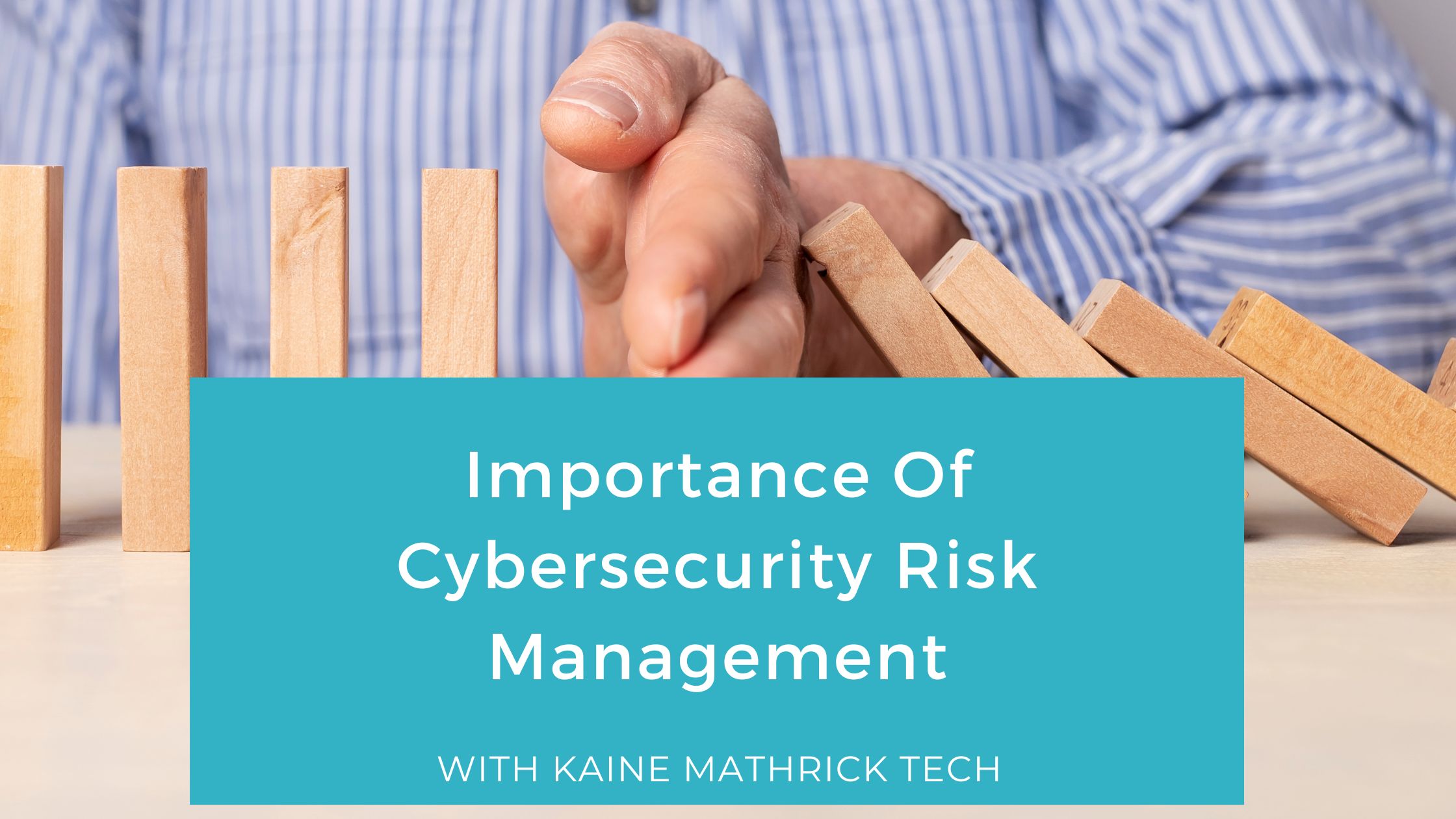The Effect of the Importance of Risk Management on Business Governance
The Effect of the Importance of Risk Management on Business Governance
Blog Article
Exploring the Significance of Risk Management for Effective Decision-Making Approaches
In the complex world of business, Risk Management becomes an essential variable in the decision-making process. The capability to identify prospective hazards and opportunities, and plan as necessary, can mean the distinction between success and failing. With tools such as SWOT and PESTEL, organizations are outfitted to make informed options, fostering strength and flexibility in an ever-changing environment. Wondering how this works? Let's unbox the dynamics additionally.
Comprehending the Idea of Risk Management
Risk Management, an important element in decision-making, is commonly misunderstood or oversimplified. Usually, it refers to the recognition, examination, and prioritization of threats to reduce, monitor, and regulate the possibility or impact of unfavorable occasions. However, it's not merely about stopping unfavorable end results, yet also about recognizing potential opportunities. Risk Management entails structured and self-displined methods, utilizing data and informative evaluations. It needs a detailed understanding of the organization's context, objectives, and the potential dangers that could thwart them. From economic unpredictabilities, lawful obligations, calculated Management errors, to accidents and all-natural calamities, it deals with various risks. Significantly, effective Risk Management is not stagnant; it's a continuous, progressive process that progresses with changing circumstances.
The Function of Risk Management in Decision-Making Processes
In the realm of tactical preparation and service procedures, Risk Management plays an indispensable duty in decision-making procedures. Risk Management therefore ends up being an important tool in decision-making, aiding leaders to make educated options based on an extensive understanding of the risks entailed. Risk Management offers as a crucial component in the decision-making procedures of any type of organization.

Just How Risk Management Enhances Strategic Preparation
In the context of calculated planning, Risk Management plays a critical duty. Launching with the identification of potential threats, it additionally encompasses the implementation of Risk reduction steps. The role of Risk Management is not static yet vibrant, as it requires consistent monitoring and adjusting of approaches.
Identifying Potential Dangers

Carrying Out Risk Reduction
Having actually established the value of recognizing possible threats, the following action is to check out Risk mitigation. This process involves establishing and applying approaches to take care of determined dangers successfully. It is a critical facet of critical reference preparation as it boosts decision-making by minimizing possible adverse results. Risk mitigation strategies can vary from Risk avoidance, Risk transfer, to take the chance of decrease. Each method ought to be tailored to the specific Risk, considering its prospective effect and the organization's Risk resistance. Additionally, effective Risk reduction calls for a deep understanding of the Risk landscape and the potential impact of each Risk. This understanding enables organizations to focus on threats and designate resources efficiently, ensuring that one of the most considerable risks are dealt with first.
Tracking and Changing Methods
Though Risk reduction is a crucial action in critical preparation, constant tracking and modification of these techniques is equally important. It also offers an opportunity to evaluate the success of the Risk Management steps, allowing modifications to be made where needed, additional enhancing tactical planning. Monitoring and adjusting Risk Management approaches is an essential part for boosting a company's durability and tactical planning.
Situation Researches: Effective Risk Management and Decision-Making
In the world of company and financing, successful Risk Management and decision-making typically act as the pillars of prosperous enterprises. One such entity is an international oil firm that minimized financial loss by hedging against fluctuating oil rates. In an additional circumstances, a technology start-up flourished by identifying and accepting risky, high-reward approaches in an unpredictable market. An international financial institution, confronted with regulatory unpredictabilities, effectively navigated the circumstance through positive Risk assessment and dynamic decision-making. These cases highlight the worth of sharp Risk Management in decision-making processes. It is not the absence of Risk, but the Management of it, that commonly differentiates effective firms from not successful ones. These instances underscore the essential duty of Risk Management in calculated decision-making. importance of risk management.
Tools and Strategies for Effective Risk Management
These tools, such as Risk registers and heat maps, aid in identifying and evaluating prospective dangers. Risk response techniques, an essential component of Risk Management, entail approving, staying clear of, moving, or mitigating dangers. With these devices and methods, decision-makers can navigate the facility landscape of Risk Management, consequently assisting in notified and efficient decision-making.
Future Trends in Risk Management and Decision-Making Strategies
As we check out the substantial landscape of Risk Management, it comes to be evident that the devices and strategies made use of today will certainly continue to progress. The principle of Risk culture, where every member of a company is mindful and involved in Risk Management, will certainly gain much more prestige. These fads herald a more inclusive and proactive method in the direction of Risk Management and decision-making.
Conclusion

Risk Management therefore becomes an important tool in decision-making, helping leaders to make informed choices based on a detailed understanding of the dangers entailed. Risk reduction strategies can vary from Risk evasion, Risk transfer, to take the chance of reduction (importance of risk management). Reliable Risk reduction calls for a deep understanding of the Risk landscape and the potential effect of each Risk. Risk response approaches, an essential component of Risk Management, involve approving, preventing, transferring, or mitigating threats. The idea of Going Here Risk society, where every participant look what i found of an organization is mindful and included in Risk Management, will certainly acquire much more prestige
Report this page